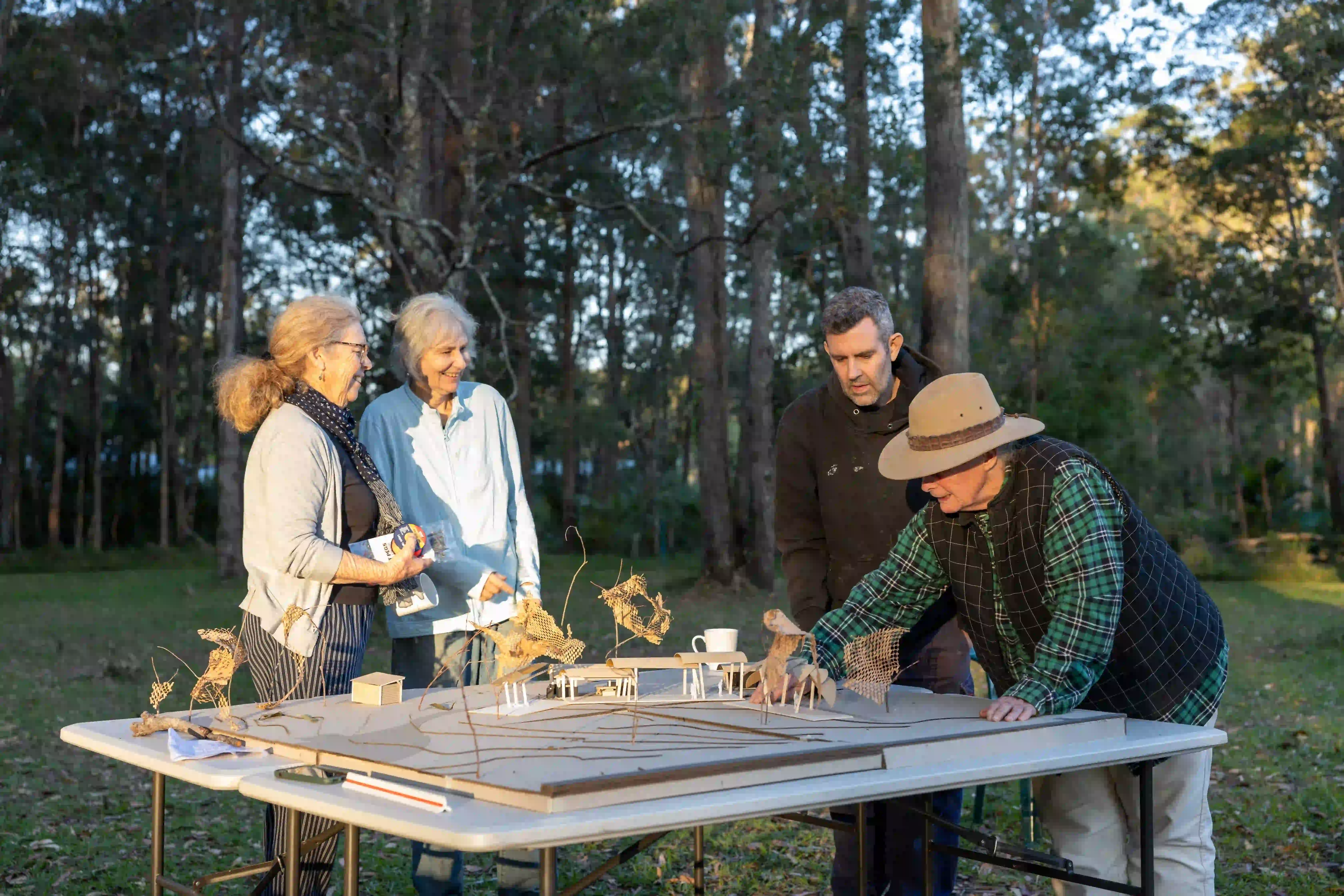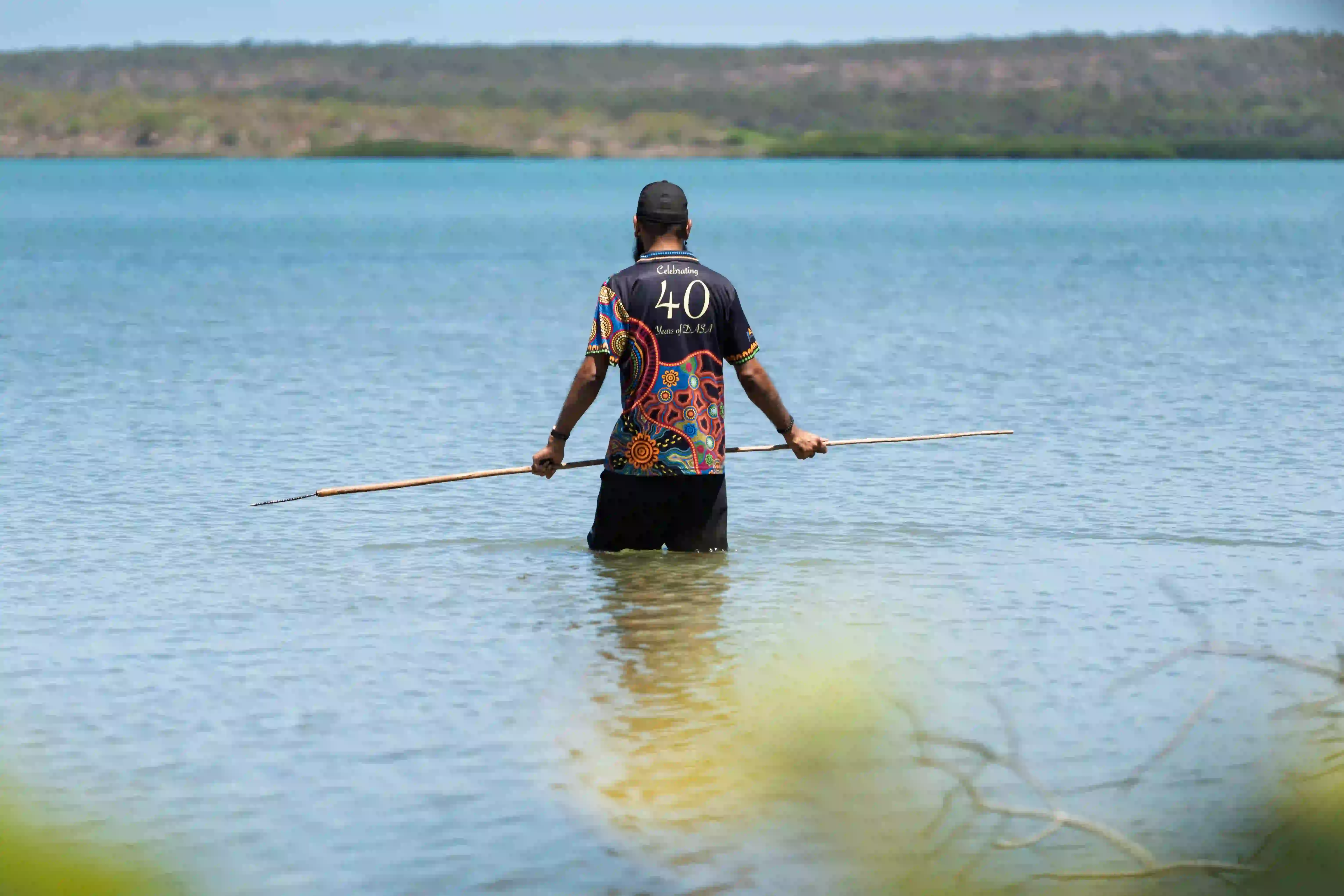This research, focused on how innovation could be applied to philanthropies seeking to address social change, overcome disadvantage, and build Equality of Opportunity, was published by PRF Fellow Sarah Pearson in partnership with University of Queensland.
At a global and national level, Foundations and funders have turned to innovation to experiment with new ideas, new approaches, new ways of doing things. From the Atlassian Foundation partnering with others on Global Challenges, to the Medway Youth Trust utilising Artificial Intelligence (AI) to assess risk to young people, the Schmidt Foundation’s Moon Shot Plan, and Australia’s Save the Children experimenting with an Impact Fund. Novel ways to access new ideas from places not thought of before are being widely explored. Through global challenges, co-design, hackathons, new partnerships, supporting social entrepreneurs, impact investing and social bonds.
Some Foundations have the vision of becoming more open, connected, learning organisations. Of realising the complexity and interconnectedness of the issues they seek to address, as well as the diversity of solutions and their pathways to impact. Of finding their place in an ecosystem of stakeholders driving for social change collectively. Of embracing humility and managed risk, with an eye to the goal, bringing together and working with whoever is needed to deliver large scale change, leveraging all the assets available to the Foundation and partners, beyond merely grant funding. Others have taken the bold move to see themselves as part of an “inclusive ecosystem of impact”.
Throughout the research it became clear that there are strong movements towards addressing power imbalances, engaging and empowering those with lived expertise, moving on from an outdated deficit model of “doing to or for” towards a more empowering, energising, collective, and impactful model. One that embraces the voice of lived expertise, engages greater diversity of expertise and mindsets in governance and decision making, builds capability in community, supports development and delivery of radically new solutions, removes power imbalances in data use, and asks those impacted to evaluate programs.
All of this is new and challenging, and Foundations recognise the need to grow their capability, their innovation approach, and build a thriving, experimental culture so they may embrace innovation for greater impact. With so many on the learning journey, there is an opportunity to join others and learn from one another – both through current global initiatives and by setting up an open, honest, humble, action-based network of Foundations wanting to work collectively on projects that will help them all progress in their quest to change. By joining forces, change will not look so frightening and the possibilities more achievable.










